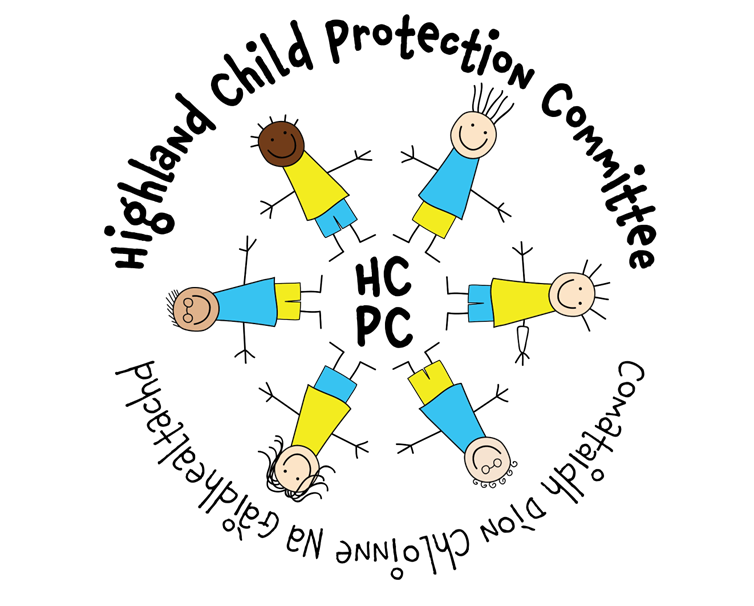Involvement of children and families in child protection processes is considered in general terms above. Parents, carers or others with parental responsibilities should be invited to the CPPM. They need sufficient time and support before, during and after the meeting to understand shared information, including concerns and decisions.
In exceptional circumstances, the Chair may determine that a parent or carer should not be invited to, or should be excluded from attending, the CPPM (for example, where bail conditions preclude contact or there are concerns that they present a significant risk to others attending, including the child or young person). The reasons for such a decision need to be clearly documented. Their views should still be obtained and shared at the meeting and the Chair should identify who will notify them of the outcome and the timescale for carrying this out. This should be noted in the record of the meeting.
The Chair should encourage the parent or carer to express their views, while bearing in mind that they may have negative feelings regarding practitioners’ intervention in their family. The Chair should make certain that parents/carers are informed in advance about how information and discussion will be presented and managed. Parents/carers may need to bring someone to support them when they attend a CPPM. This may be a friend or another family member, at the discretion of the Chair, or an advocacy worker. This person is there solely to support the parent/carer and has no other role within the CPPM.
Information about CPPMs should be made available to children and parents/carers. This may be in the form of local leaflets or national public information. Guidance on parents’/carers’ participation at CPPMs should be contained in local inter-agency child protection procedures.

